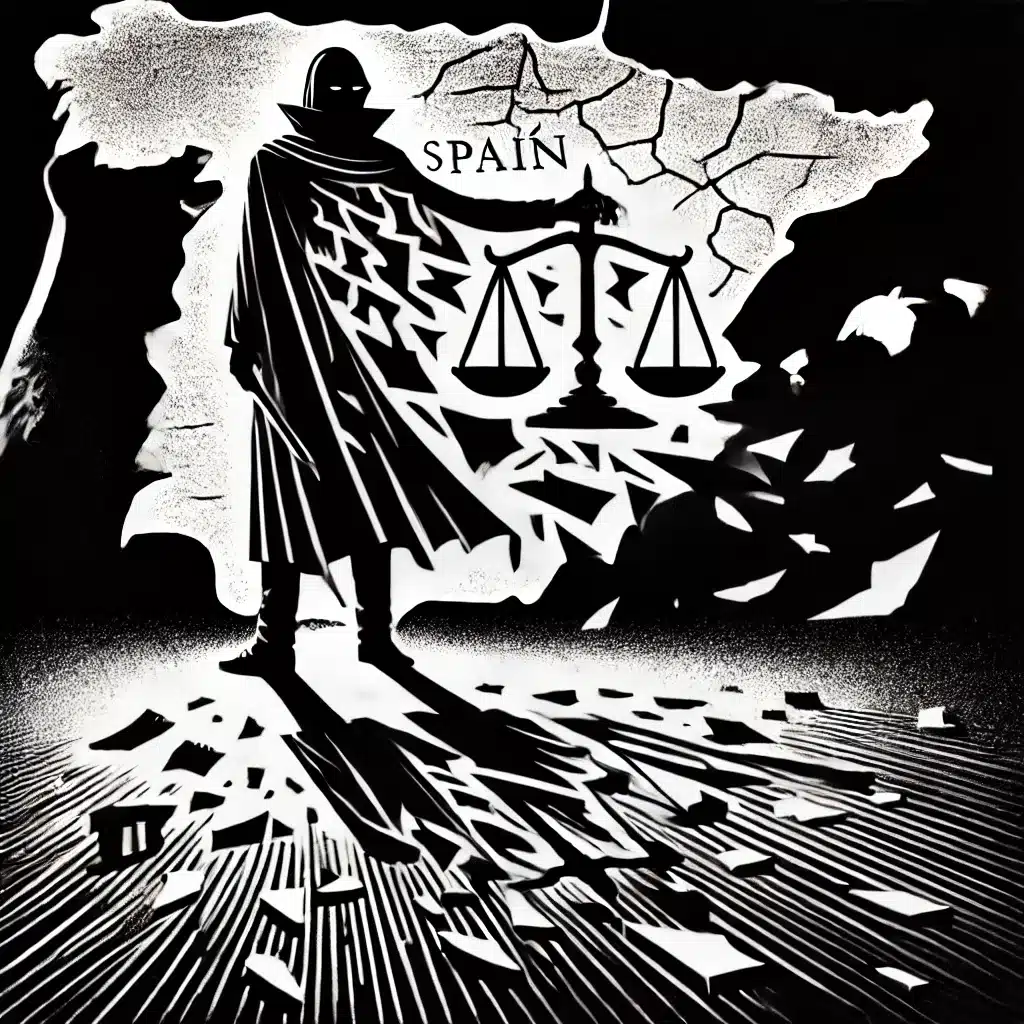Banning to protect is a flawed argument at its core. Spain faces the illusion of progress: restrictive vaping regulations that, under the guise of protecting public health, risk promoting smoking, strengthening the black market, and hindering access to less harmful alternatives.
~
The false hero metaphor describes policies that present themselves as saviors but ultimately worsen the problems they aim to solve.
This concept perfectly applies to Spain’s new vaping restrictions, which, far from combating smoking, may end up perpetuating it.
The draft of the Royal Decree amending RD 579/2017 aims to strengthen the regulation of electronic cigarettes and nicotine pouches—alternatives to combustible tobacco recognized for their reduced harm.
However, behind the official narrative of protecting youth lies serious concerns: a potential rise in smoking, a growing black market, and a setback in harm-reduction strategies in the country.
The Flavor Ban: A Counterproductive Measure
The decree includes a ban on non-tobacco flavors in vaping liquids, arguing that this reduces their appeal to young people.
However, this measure ignores evidence-backed reality: flavors are essential for adult smokers seeking to quit traditional cigarettes.
A study published in Nicotine & Tobacco Research found that restricting flavors to tobacco would lead a third of adult vapers in the United States to consider returning to smoking.
This highlights how poorly designed policies can drive users toward more harmful habits.
San Francisco’s case provides a striking example. In 2019, the city banned all flavored products.
While youth smoking rates dropped to 2.8% nationwide, in San Francisco, they surged to 6.2%.
According to Yale’s Dr. Abigail Friedman, this was due to a shift from vaping to smoking, a direct consequence of the restrictions. “Limiting access to flavored devices may encourage youth to return to combustible cigarettes,” warns Friedman.
This underscores how ill-calibrated restrictions can lead users toward more harmful behaviors.
Unintended Consequences and a Growing Black Market
When flavors disappear from the legal market, consumers turn to illicit channels where quality and safety are absent.
This not only endangers users but also complicates authorities’ control efforts.
Although it does not involve nicotine vaping liquids, the 2019 EVALI crisis, caused by THC liquids adulterated with vitamin E acetate, is a clear warning.
These illegal products caused a major public health issue in the U.S. that smarter regulations could have prevented.
Spain risks repeating this mistake if excessive restrictions are implemented.
“The black market will grow exponentially,” warns Julio Ruades, El Mono Vapeador, and spokesperson for ANESVAP, the association representing Spanish consumers.
This clandestine trade would not only benefit combustible tobacco but also undermine efforts to reduce smoking-related harm.
Economic and Social Impact: More Smokers, Fewer Businesses
Vaping has proven to be an effective tool for quitting combustible tobacco.
According to the Cochrane Review, it is one of the most effective strategies for reducing the harm caused by smoking.
However, the proposed restrictions in Spain ignore this reality, jeopardizing the progress made so far.
Banning flavors and making vaping products more expensive could not only push users back to smoking but also threaten small and medium-sized businesses at the heart of the sector.
According to ANESVAP, thousands of businesses could close, leaving families without income.
“The Ministry of Health is condemning a sector that has helped thousands of people quit smoking,” laments Ruades.

Is This the Solution Spain Needs?
The Ministry justifies the decree by citing the WHO Framework Convention on Tobacco Control. Still, it seems to overlook that the same organization supports harm reduction as an integral part of the fight against smoking.
Protecting young people is essential but should not come at the cost of limiting less harmful alternatives for adult smokers.
The public consultation offers an opportunity to express these concerns despite limited time.
Ruades urges citizens to take an active role: “If we show the strength of this movement, we can turn the situation around.”
A Call for Sensibility
Here, sensibility aligns with proportionality. Regulation should not become an obstacle to public health.
Well-intentioned but poorly designed policies, like the flavor ban, can have devastating effects: demotivating smokers from quitting, fostering a growing black market, and maintaining the dominance of combustible tobacco.
Spain needs a regulatory approach based on scientific evidence that:
• Protects young people without limiting alternatives for adults.
• Encourages innovation and access to harm-reduction products.
• Educates the public on risk hierarchies, promoting informed decisions.
In the fight against smoking, there’s no room for regulatory populism.
It’s time for the Ministry to listen to experts, users, and small businesses demonstrating another possible path.
Only by balancing control with harm reduction can a healthier future be built—one less dependent on smoke and with more opportunities for those seeking to quit smoking.
As Ruades says, “Vaping isn’t the problem; it’s part of the solution.”

